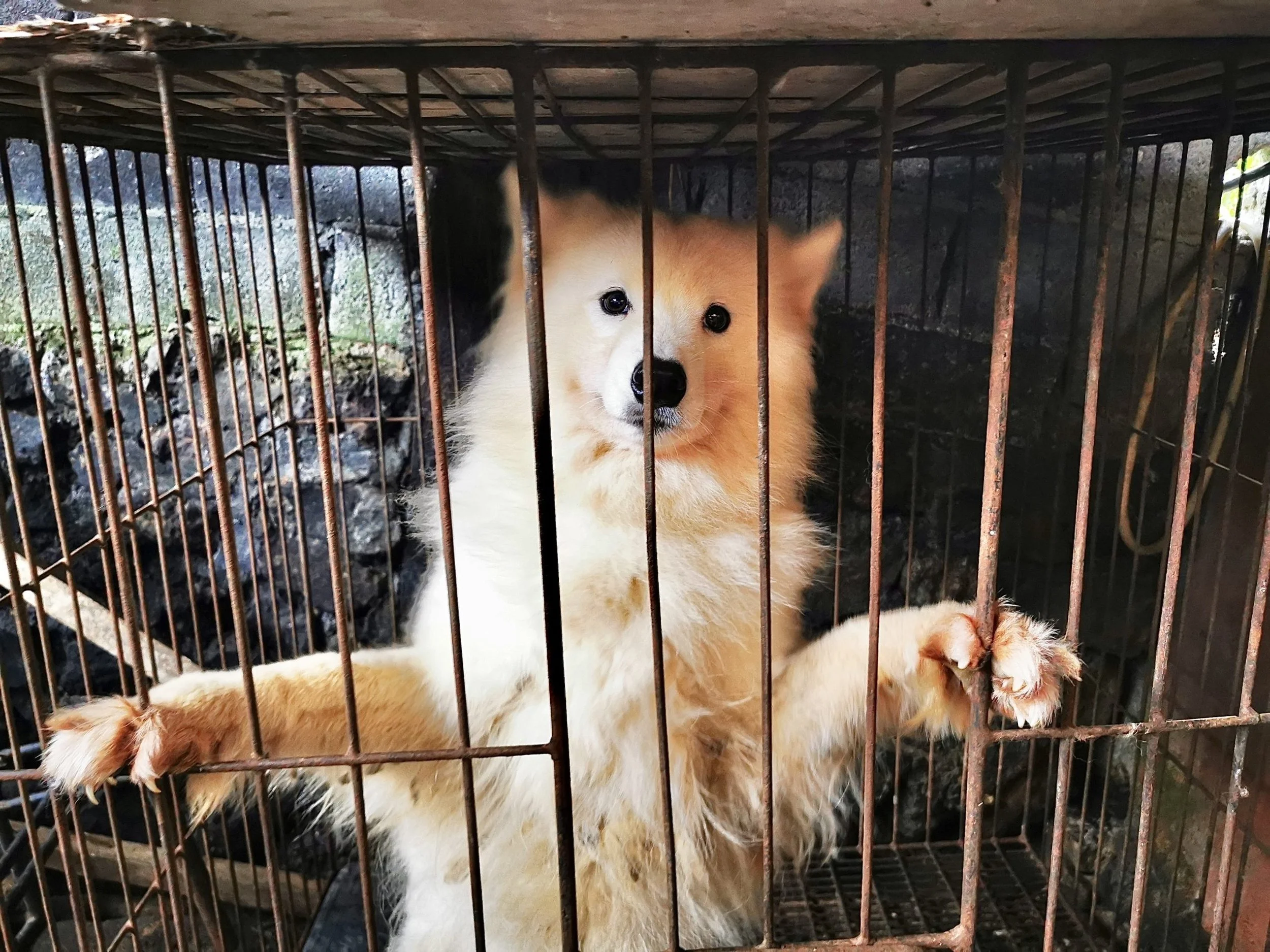South Korea Bans Butchering Dogs For Dinner
South Korea’s parliament this week passed a bill to ban the trade in dog meat. The legislation banning the breeding, selling, and slaughtering of dogs for their meat will come into effect in 2027, ending the centuries-old practice of doggie dining.
Dog meat stew, called “boshintang,” is considered a delicacy among some older South Koreans, but is not to the tastes of the younger generation.
“More people have pets today,” Lee Chae-yeon, a 22-year-old student, tells the BBC. “Dogs are like family now and it's not nice to eat our family.”
Among the Korean people who have pets is the country’s president, Yoon Suk-yeol, and first lady Kim Keon-hee, both vocal critics of dog meat consumption. Also part of the First Family household are some notable – and now, inedible – adoptees: six dogs and eight cats.
The ban is music to the ears of animal-rights groups. “A dream come true for all of us who have campaigned so hard to end this cruelty,” Humane Society International said in a statement.
And there are also hotheads vehemently opposed to the ban, such as representatives of a national dog meat farmers association, who claim the prohibition on dog meat is “threatening” to their right to live. There are some 1,150 dog-breeding farms in the country, with 34 slaughterhouses that supply about 1,600 restaurants that still serve dog meat.
The naysayers have the next three years to get out of the nasty business, or will face up to three years in prison or as much as 30 million won ($22,800) in fines. The government has promised to help dog-meat farmers, butchers, and restaurant owners transition to a dog-free diet, though compensation plans have not yet been detailed.
Photo credit: Kim Hong-Ji / Reuters







